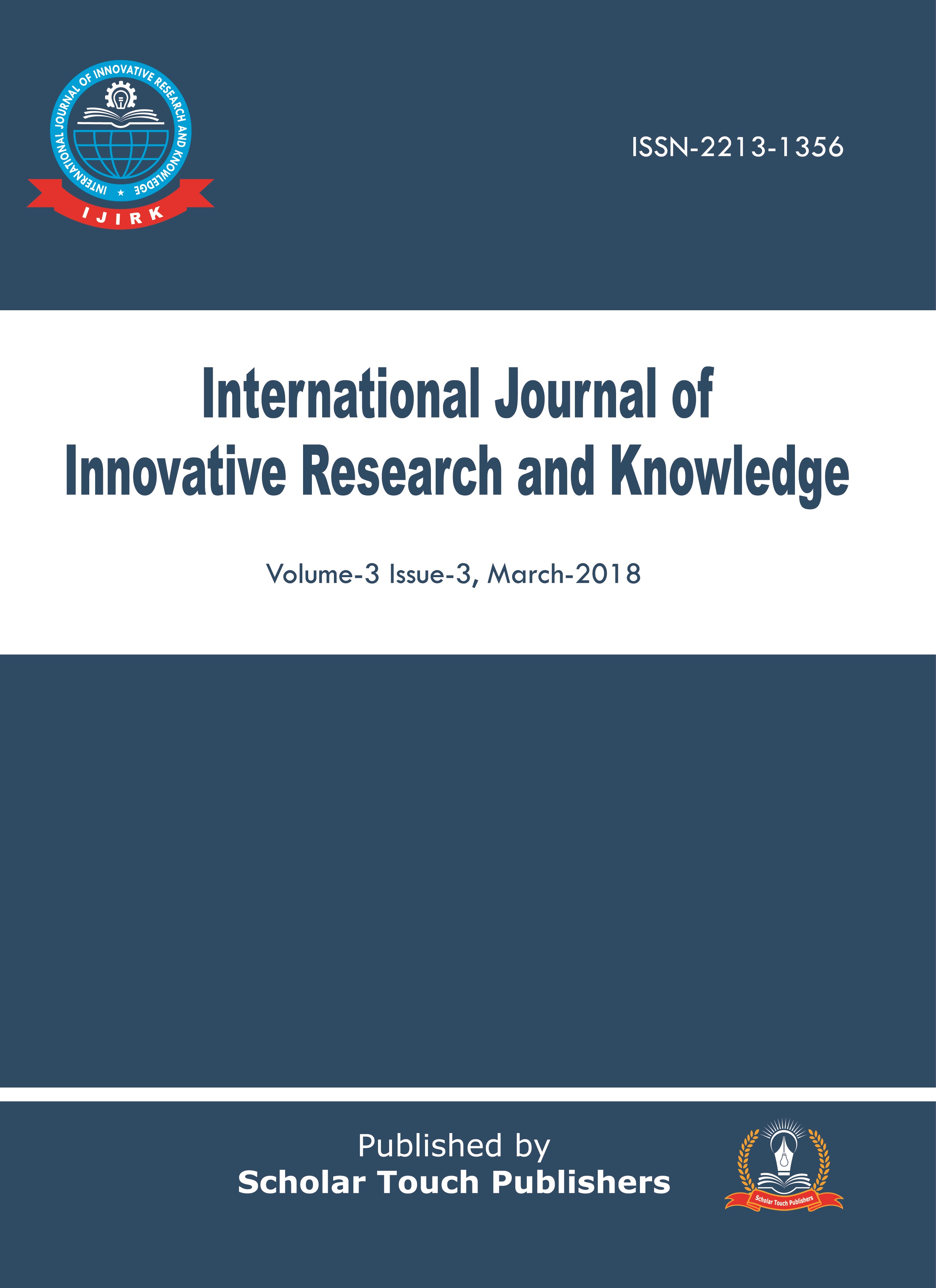Volume-10 Issue-4, April 2025
Title: Entrepreneurial Reward Philosophy and Performance of Small and Medium Livestock Enterprises in Kenya
Author: Nakuleu. C. D, Prof. Namusonge. G.S & Dr. Nambuswa. M. E
This study investigated the influence of entrepreneurial reward philosophy on the performance of small and medium livestock enterprises (SMLEs) in Kenya. The primary objective was to examine how different reward strategies impact the success and growth of these enterprises within the Kenyan livestock sector. The research assessed the effects of entrepreneurial reward philosophy on various performance indicators while drawing on theoretical frameworks such as Schumpeter’s theory of innovation, Knight’s uncertainty-bearing theory, McClelland’s motivation theory, the resource-based view theory, and Elton Mayo’s neoclassical management theory. These theories provided a foundation for understanding entrepreneurial behavior and its implications for the livestock industry. A mixed-methods research design was employed, targeting a population of 500 small and medium-sized livestock farms in Turkana County, Kenya. Stratified sampling was used to select a sample of 196 entrepreneurs for data collection. Questionnaires served as the primary data collection tool, with pilot testing conducted to ensure the reliability and validity of the research instrument. The study aimed to determine the extent to which various reward systems promote innovation, efficiency, and resilience among livestock enterprises. Statistical analysis yielded an F-value of 54.337 with a significance level of .000, demonstrating a strong positive correlation between entrepreneurial reward philosophy and business performance. The findings revealed that well-structured reward systems significantly enhance enterprise performance by increasing employee commitment, reducing turnover, and fostering an entrepreneurial culture. However, challenges such as limited financial resources, policy gaps, and market uncertainties hinder the full effectiveness of these reward strategies. The study recommends customized reward frameworks tailored to the unique needs of SMLEs, alongside policy interventions that promote sustainable growth in the livestock sector. This research contributes to the broader discussion on enterprise development by offering insights into the role of strategic reward systems in enhancing the success of small and medium livestock enterprises in Kenya. Additionally, it underscores the need for policymakers and stakeholders to incorporate reward-based incentives into comprehensive livestock development strategies.
IJIRK DESCRIPTION
•ISSN: 2213-1356
•Publisher: Scholar Touch Publishers
•Area/Scope: Business, Economics & Management; Social Science, Literature, Arts & Humanities; Engineering & Technology; Life Science & Physical Science, Health & Medical Science
•Frequency: Monthly
•Format: Online & Print
•Language: English
•Review Process: Double Blinded
•Access: Open Access











